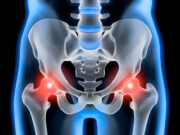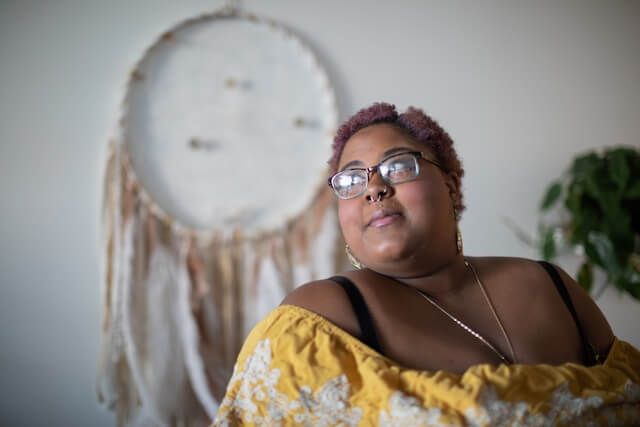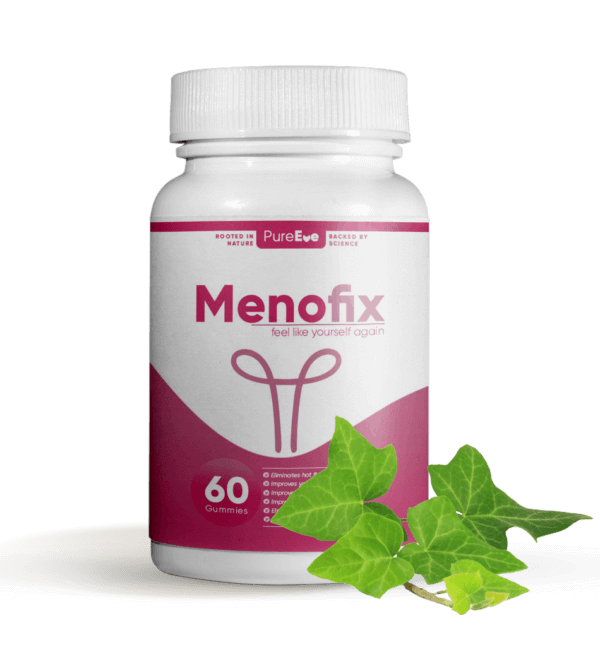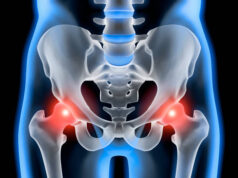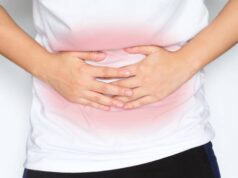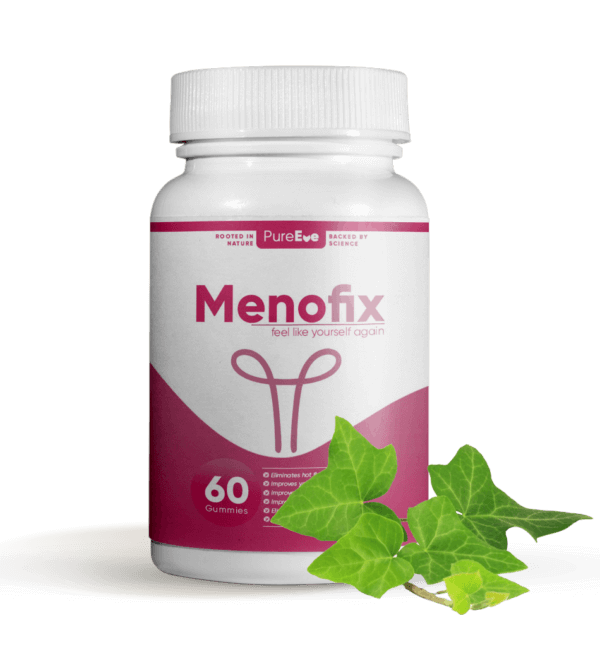Most women are surprised when menopause brings not just hot flashes and mood changes, but also unexpected symptoms like dizziness. That lightheaded or off-balance feeling can appear suddenly and make everyday activities uncomfortable, even frightening.
If you’ve been wondering why menopause makes you feel dizzy and what you can do about it, you’re not alone. Let’s explore the causes and expert-backed ways to ease menopause dizziness naturally.
What Does Dizziness Mean?
Dizziness is a term used to describe a range of sensations such as feeling faint, lightheaded, unsteady, or as if the world is spinning around you (known as vertigo). It’s not a disease on its own, but a symptom of an underlying issue such as hormonal imbalance, low blood pressure, dehydration, or stress.
During menopause, hormonal fluctuations can affect how your brain, heart, and inner ear regulate balance and blood flow leading to episodes of dizziness or lightheadedness.
Common Causes of Dizziness During Menopause
Dizziness can happen for many reasons, but during menopause, it’s often tied to hormonal fluctuations. Below are some of the most common causes:
1. Hormonal Imbalance
When estrogen levels drop, it can affect your blood vessels, blood pressure, and even your inner ear — all of which play a role in balance. This is why dizziness often appears during perimenopause or menopause.
2. Low Blood Sugar
Skipping meals or eating irregularly can cause blood sugar drops, leading to that lightheaded feeling. Women in menopause may notice this more due to changes in metabolism.
3. Dehydration
Hot flashes and night sweats cause fluid loss. If you don’t replenish enough water, your body can easily become dehydrated, leading to dizziness.
4. Low Blood Pressure
Hormonal changes may cause sudden drops in blood pressure (orthostatic hypotension), especially when standing up quickly.
5. Anxiety and Stress
Menopause can bring emotional changes — stress, anxiety, and panic attacks — which affect your breathing and heart rate, leading to dizziness or feeling faint.
6. Poor Sleep and Fatigue
Sleep problems are very common during menopause. Lack of sleep affects your brain’s oxygen flow, balance, and energy, causing dizziness or disorientation.
7. Vitamin and Mineral Deficiency
Low levels of iron, vitamin B12, or vitamin D can contribute to anemia or poor oxygen circulation, both of which cause dizziness.
How to Ease Menopause Dizziness Naturally
Here are effective, natural remedies that can help you regain your balance and feel more grounded:
1. Stay Hydrated
Drink 8–10 glasses of water daily, and limit caffeine or alcohol. Water-rich foods like cucumber, oranges, and watermelon can also help.
2. Eat Balanced Meals
Avoid skipping meals. Include protein, healthy fats, and complex carbs (oats, brown rice, vegetables) to keep your blood sugar stable.
3. Get Quality Sleep
Rest is essential for hormonal balance. Try going to bed at the same time every night, and use calming teas like chamomile or valerian root to relax.
4. Manage Stress Naturally
Deep breathing, yoga, or mindfulness meditation calm your nervous system and reduce stress-induced dizziness.
5. Stand Up Slowly
Avoid sudden movements, especially when getting out of bed. Take a few seconds before standing to prevent your blood pressure from dropping suddenly.
6. Add Iron and B Vitamins to Your Diet
Eat foods rich in iron (spinach, beans, eggs) and B12 (fish, meat, fortified cereals). These nutrients improve oxygen flow to your brain and reduce fatigue-related dizziness.
7. Consider Natural Support: MenoFix™ Supplement
If lifestyle changes alone aren’t enough, you can consider a natural menopause supplement like MenoFix™.
MenoFix is formulated to help balance hormones, reduce hot flashes, support energy levels, and ease symptoms like dizziness, fatigue, and mood swings.
It contains black cohosh, chasteberry, and essential vitamins that may support hormonal stability and better circulation.

Order menofix today and feel young again
What Vitamin Deficiency Causes Dizziness in Menopause?
A deficiency in Vitamin B12, Vitamin D, or Iron is one of the main nutritional causes of dizziness during menopause. These nutrients help transport oxygen in the blood and maintain energy levels. If you often feel weak or lightheaded, ask your doctor for a blood test.
When to See a Doctor
Dizziness from menopause usually improves with time and lifestyle changes.
However, seek medical attention if you experience:
Severe or persistent dizziness
Fainting or blackouts
Chest pain or irregular heartbeat
Blurred vision or confusion
Trouble walking or speaking
These may indicate another underlying condition that needs urgent attention.
Common Questions
1. What disease starts with dizziness?
Several conditions can start with dizziness, such as anemia, inner ear infections (vertigo), low blood pressure, dehydration, or even early heart problems. It’s important to monitor other symptoms to identify the cause.
2. Can hormonal imbalance cause dizziness?
Yes. Fluctuating estrogen and progesterone levels during menopause can affect your blood vessels, brain, and circulation, leading to dizziness or balance issues.
3. What is the red flag for dizziness?
Red flags include sudden severe dizziness, fainting, chest pain, slurred speech, confusion, or weakness on one side of the body. These could be signs of a more serious condition such as stroke or heart problems.
5. Can menopause cause vertigo?
Yes, some women experience vertigo (a spinning sensation) due to inner ear changes or hormonal effects on the vestibular system.
6. How long does menopause dizziness last?
It varies — some women experience it for a few weeks, others for several months. Once hormone levels stabilize, dizziness often improves naturally.
7. What helps hormonal dizziness fast?
Drink water, eat something with natural sugar (like fruit), and rest. Deep breathing or slow movement can also stop dizziness spells quickly


